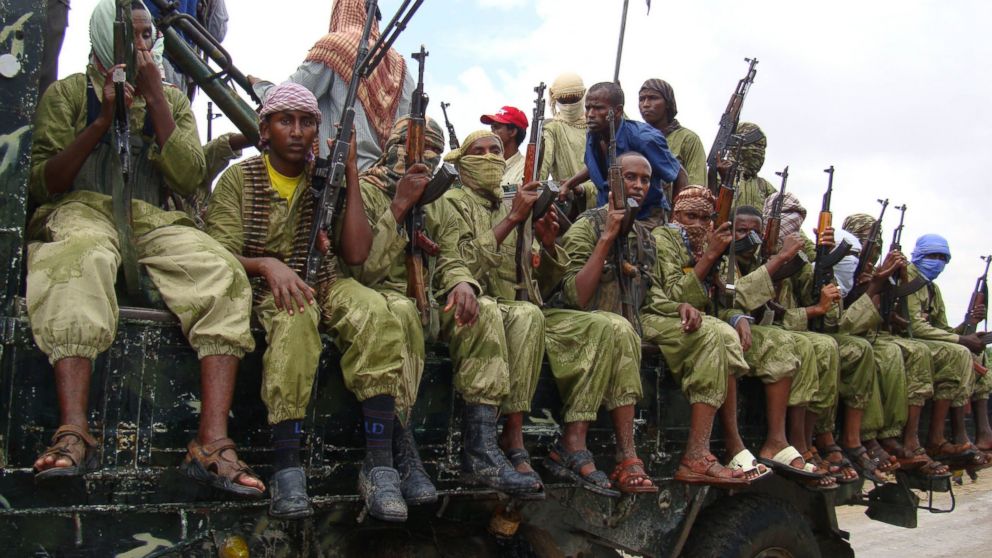Saturday, April 8, 2023
The ‘Off-Ramp’ From al-Shabaab: Disengagement During the Ongoing Offensive in Somalia.
Al-Shabaab has been evicted – at least temporarily – from scores of Somali towns and villages since last summer. This includes strategic locations such as Adan Yabaal in Middle Shabelle, just north of Mogadishu, which had remained under the control of the group for most of the past fifteen years. These events began in June 2022 when al-Shabaab effectively broke a truce with the Ali Mahaweyne sub-clan of the Hawaadle by killing one of its prominent elders.
Compounded by famine and al-Shabaab’s increasingly harsh ‘taxation’ policies, what initiated as a low-level mobilization against the group, soon evolved into proactive efforts to recover territory, with other clan militias then also becoming involved. This ‘organic’ uprising coincided with the reinstatement of Hassan Sheikh Mohamud in his second term as Somalia’s President. Seizing his opportunity, President Mohamud declared a “total war against al-Shabaab,” and deployed Somali National Army (SNA) forces in support of the clans in the states of Hirshabelle and Galmudug. International actors such as the US, UK, EU, Eritrea, and Turkey have also
provided various forms of support, including training for the SNA, police, and other security agencies. Such conditions may provide fertile ground for disengagements from al-Shabaab. An increasing likelihood of becoming involved in military confrontations or experiencing aerial bombardment, for instance, may convince some members to leave the organisation. Indeed, even without the threats associated with the current offensive, research with former members has shown that many decide to leave to avoid further endangerment. Opportunities to escape may also increase, particularly if the loss of territory, and the confusion that often accompanies withdrawals from towns and villages, limits the degree to which al-Shabaab is able to continue enforcing involvement in the organisation.
Yet, much will depend on the extent to which the Somali security forces have the capability (or the strategic sense) to adequately secure recaptured territory, rather than concentrate their finite resources on further pursuing al-Shabaab into remote areas. As observed by Harun Maruf, such a ‘clear and hold’ approach would help provide local communities with the confidence to act in support of the state, without the fear of repercussions if the insurgents return.


No comments:
Post a Comment